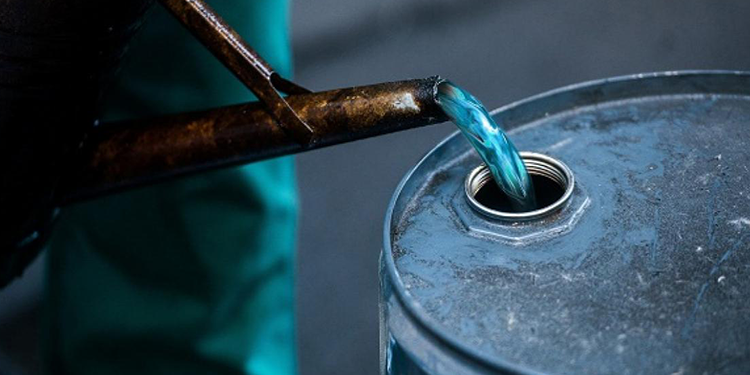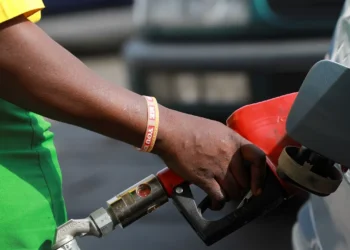The National Bureau of Statistics (NBS) has reported a concerning surge in the price of Household Kerosene (HHK), a vital fuel for cooking, echoing the country’s staggering inflation rate, which reached 31.70% in February.
According to a report by Channels TV, the NBS’s latest ‘National Household Kerosene Price Watch’ indicates a notable increase in the price per litre of kerosene, rising from N1,329.53 in January to N1,340.94 in February 2024, marking a 0.86% increment.
This escalation in household kerosene prices coincides with a broader economic trend, as the country’s overall inflation rate surged from 29.90% in January to 31.70% in February, exacerbating the financial burdens on Nigerians.
On a year-on-year basis, the cost of kerosene per litre has skyrocketed by 14.23% from N1,173.89 in February 2023, intensifying the financial strain particularly on low-income families.
A state-by-state analysis reveals that Kaduna, Benue, and Niger experienced the highest average kerosene prices, reaching N1,866.67, N1,769.67, and N1,710.89, respectively. Conversely, Bayelsa, Rivers, and Kwara recorded the lowest prices at N971.00, N1,065.67, and N1,070.44, respectively.
Geographically, the North Central zone faced the highest costs, with an average price per litre of N1,486.50, while the South-South region enjoyed the lowest at N1,231.24.
In terms of gallons, the average retail price in February 2024 stood at N4,880.02, reflecting a 0.19% increase from January. The annual surge was even more pronounced, with a 24.29% rise from N3,926.23 in February 2023.
Adamawa, Bauchi, and Kano topped the list for the highest per gallon prices, while Delta, Abuja, and Ondo had the lowest.
The NBS inflation report also underscored the widespread impact on various sectors, with food and non-alcoholic beverages leading the contributors to the headline inflation index.
Rising prices across essential sectors such as housing, transportation, and healthcare collectively exacerbate the erosion of purchasing power among Nigerians, many of whom grapple with the challenge of affording basic necessities.










